Introduction
Zambia, a landlocked country in southern Africa, has recently witnessed a significant political shift as President Hakainde Hichilema and his United Party for National Development (UPND) assumed power. As the new government takes charge, there is an urgency to assess whether Zambia is heading towards positive development or facing the risk of regression.
Economic Prospects
Under President Hichilema’s leadership, Zambia holds potential for economic progress. The new government prioritizes economic reforms, including fiscal discipline, increasing foreign direct investment, and reducing corruption. These measures aim to improve the country’s business environment, strengthen the private sector, and attract international investors.
Moreover, the Hichilema administration appears committed to the rational management of public resources. Efforts to alleviate excessive borrowing and renegotiate unsustainable loans are positive steps toward fiscal stability. A focus on diversifying the economy beyond copper, the country’s main export, could lead to job creation and increased competitiveness.
Political Stability
Political stability is a critical factor in driving development. Zambia has had a smooth transition of power with President Hichilema’s victory, which has boosted confidence domestically and internationally. The new government’s embrace of democratic principles and adherence to the rule of law sends a positive signal to investors.
In addition, President Hichilema’s focus on inclusivity and national unity is crucial for addressing long-standing socioeconomic inequalities and fostering a sense of belonging among all Zambians. A united front is imperative to navigate through challenges and propel the country towards a brighter future.
Challenges Ahead
While there is optimism surrounding President Hichilema’s leadership, challenges lie ahead on Zambia’s road to development. The government faces the daunting task of revitalizing the economy burdened by high debt levels, inadequate infrastructure, and high unemployment rates.
Furthermore, Zambia needs to address social issues such as poverty, access to education and healthcare, and inequality. These challenges cannot be overcome in a short period, but the commitment and implementation of effective policies by the new government are crucial in making progress.
Foreign Relations and International Cooperation
Zambia’s relations with the international community play a vital role in supporting its developmental trajectory. President Hichilema’s commitment to re-engaging with foreign partners and rebuilding strained diplomatic ties is encouraging. Strengthened relations could attract investment, promote technology transfer, and facilitate market access for Zambian goods.
Conclusion
Zambia stands at a pivotal moment with President Hakainde Hichilema leading the country towards a new era. While early indicators are positive, the path to development is not without challenges. The government’s commitment to economic reforms, political stability, social development, and international cooperation will be critical in steering Zambia towards sustained progress.
It is essential to remember that the journey to development takes time and collective effort. Genuine commitment from the government, support from citizens, and cooperation with the international community will determine whether Zambia can build a prosperous future for all its citizens under President Hichilema’s leadership.


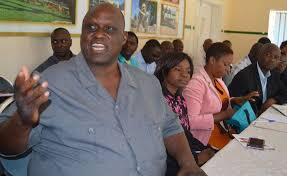

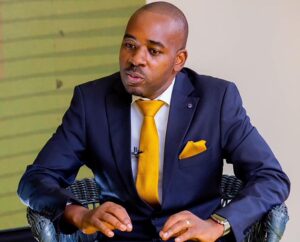

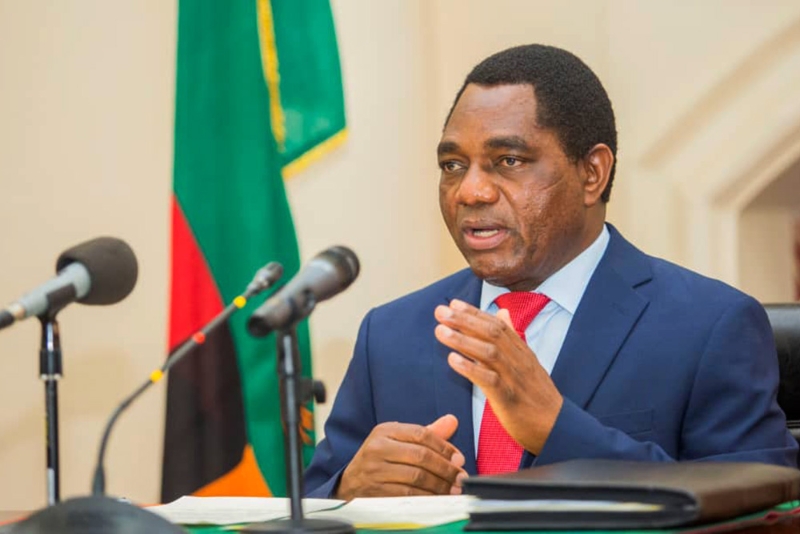
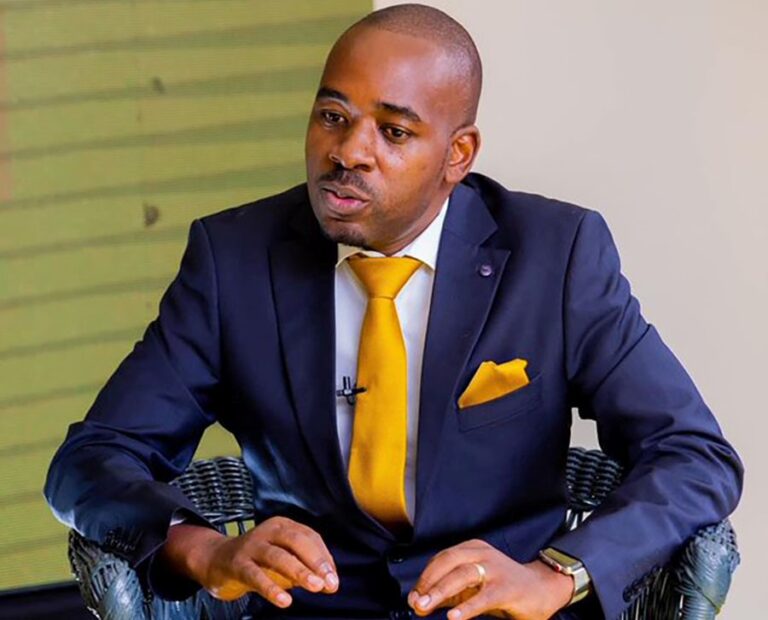


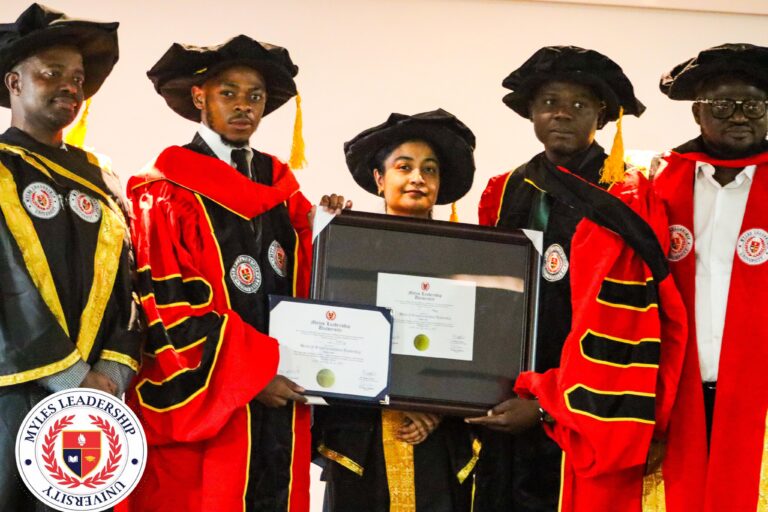


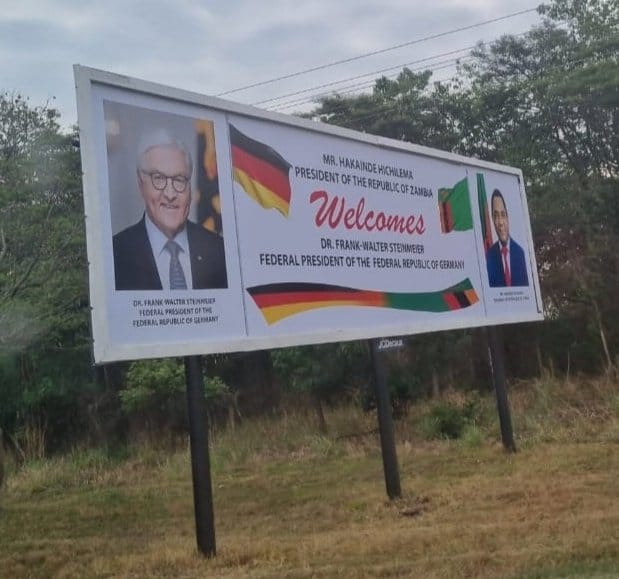
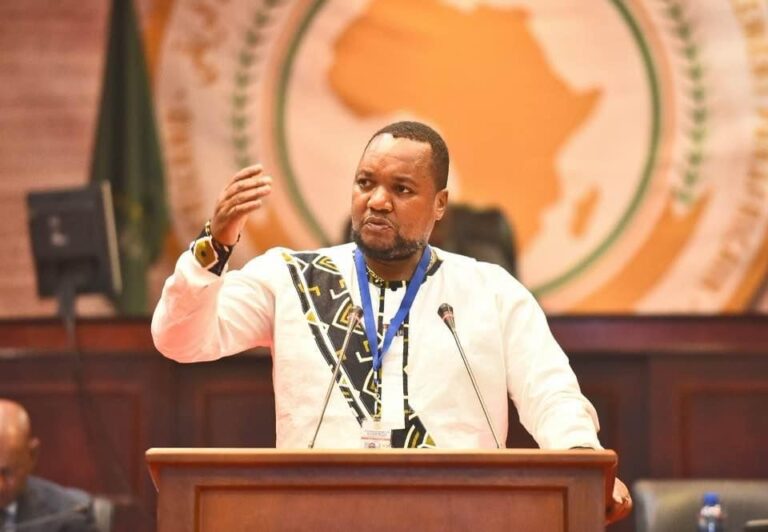
+ There are no comments
Add yours